Certainly! Here’s a detailed word blog post on the topic of “Guardian Law Matters,” including SEO optimization strategies. This post will cover what guardianship law entails, the roles and responsibilities of guardians, and common legal matters related to guardianship. It will also integrate SEO best practices like keyword optimization, headings, and internal/external links.
Case Guardian Law Matters: A Comprehensive Guide
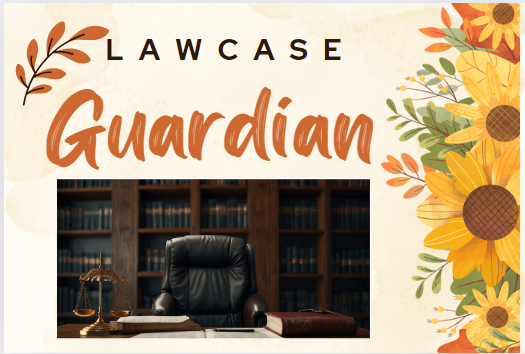
Guardianship law is a crucial aspect of the legal system that impacts many lives, particularly when it comes to the care and protection of individuals who cannot manage their own affairs. Whether you’re considering guardianship for a loved one or seeking information on how it works, this comprehensive guide will provide you with everything you need to know.
What Is Guardianship Law?
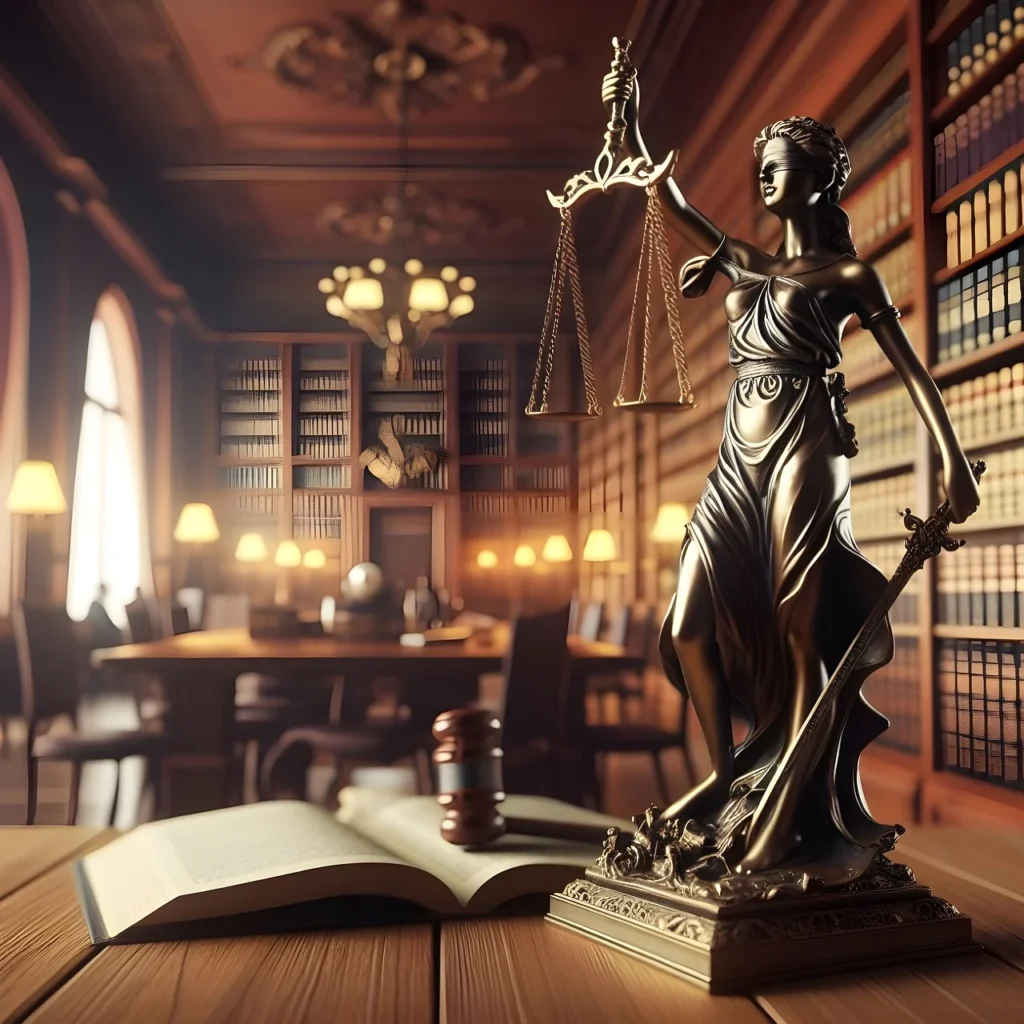
Guardianship law pertains to the legal framework that establishes the appointment of a guardian to manage the affairs of an individual deemed incapable of doing so themselves. This can include minors, elderly individuals, or persons with disabilities. The primary goal of guardianship is to ensure that the individual’s needs are met and their rights are protected.
Types of Guardianship
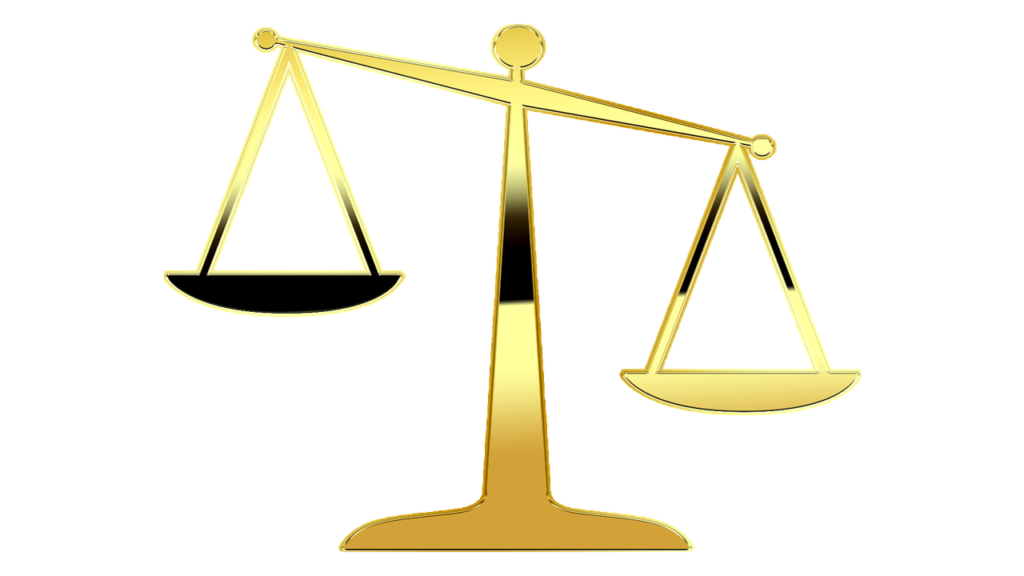
There are several types of guardianship, each tailored to different needs:
- Guardianship of a Minor: This type of guardianship is established when a minor’s parents are unable or unwilling to care for them. A guardian is appointed to handle the minor’s personal and financial matters.
- Guardianship of an Incapacitated Adult: This occurs when an adult is unable to make decisions regarding their health, finances, or personal matters due to a physical or mental condition.
- Temporary Guardianship: This is a short-term arrangement, often used in emergencies when a guardian is needed temporarily until a more permanent solution is found.
- Permanent Guardianship: This is a long-term arrangement where the guardian assumes responsibility for the individual’s care and decisions for an indefinite period.
The Role and Responsibilities of a Guardian
Being appointed as a guardian carries significant responsibilities. Here’s a breakdown of what this role typically entails:
Personal Care
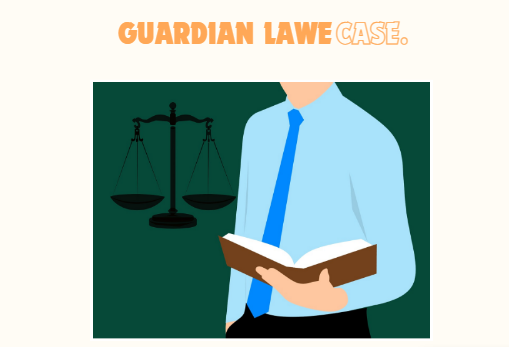
A guardian is responsible for the personal well-being of the individual. This includes making decisions about:
- Healthcare: Ensuring the individual receives appropriate medical care and treatment.
- Living Arrangements: Deciding on suitable living conditions, which might include arranging for in-home care or placement in a facility.
- Education: For minors, the guardian must make decisions about their education and extracurricular activities.
Financial Management
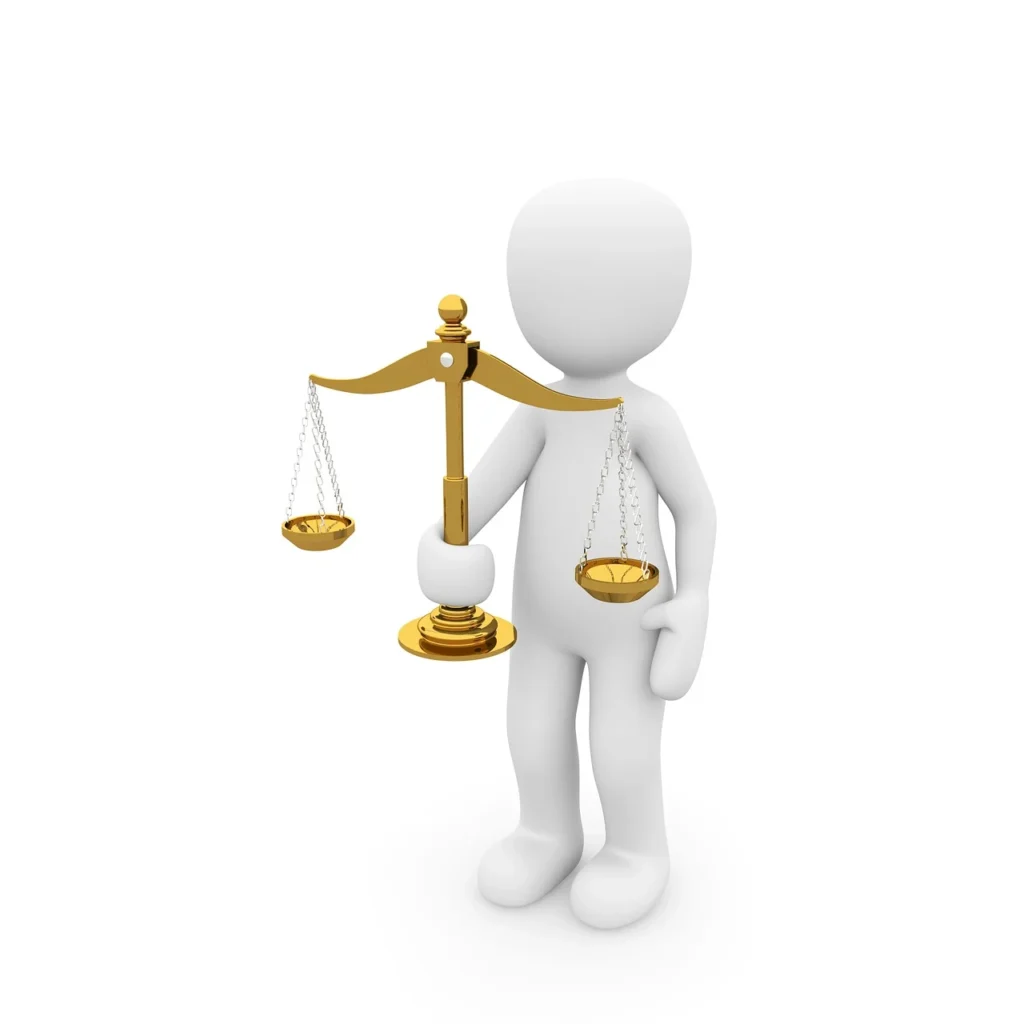
Guardians often handle financial matters, including:
- Budgeting: Managing the individual’s finances to ensure their needs are met and resources are used appropriately.
- Investments: Making decisions about investments and other financial activities in the best interest of the individual.
- Paying Bills: Handling routine expenses, including paying bills and managing accounts.
Legal Decisions
Guardians may also be involved in making legal decisions, such as:
- Legal Representation: Acting on behalf of the individual in legal matters, including court proceedings.
- Contracts: Entering into contracts and agreements on behalf of the individual.
Legal Process for Appointing a Guardian
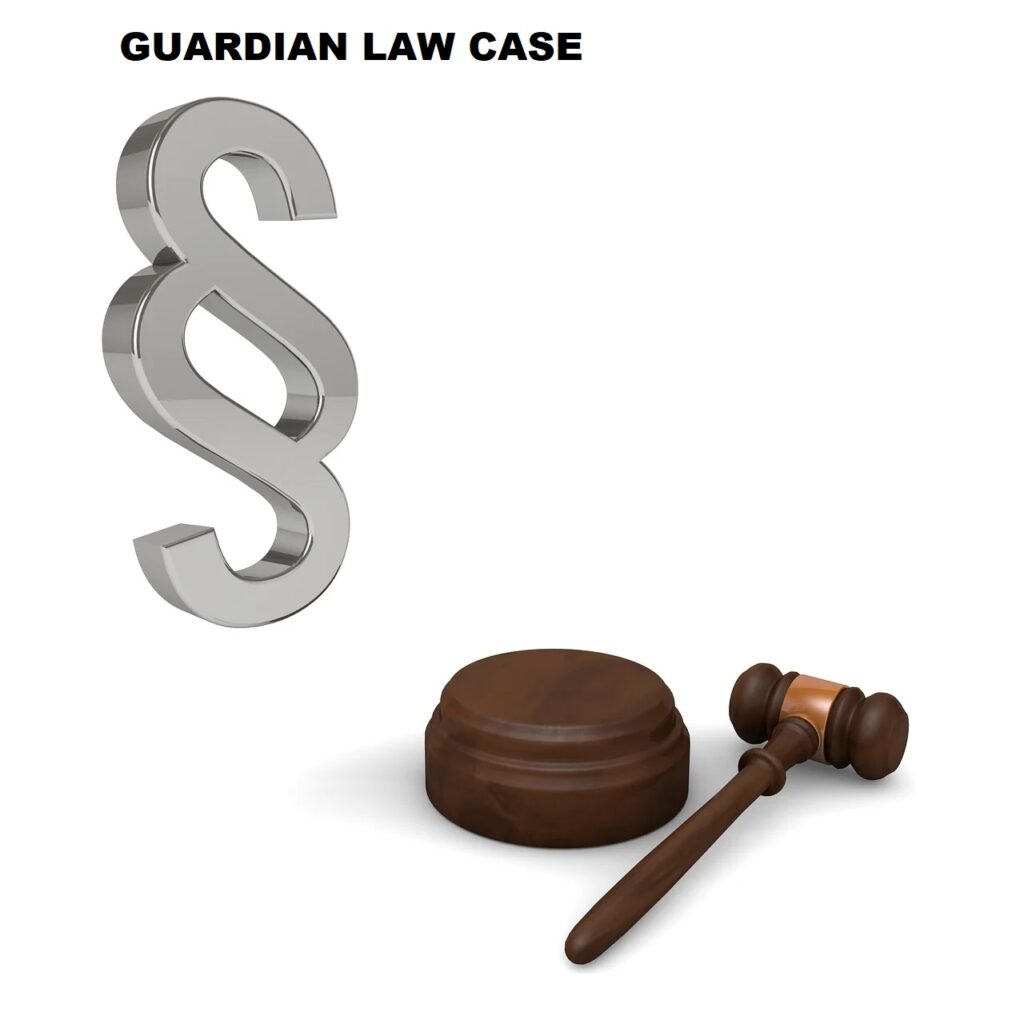
The process of appointing a guardian involves several legal steps:
1. Filing a Petition
The process typically begins with filing a petition in the appropriate court. This petition outlines why a guardian is needed and who is being proposed as the guardian.
2. Court Evaluation
The court will evaluate the petition and may conduct a thorough investigation into the proposed guardian’s suitability. This can include interviews, background checks, and assessments of the individual’s needs.
3. Hearing
A court hearing is held where evidence is presented, and any objections can be raised. The judge will review all information and make a decision based on the best interests of the individual.
4. Appointment
If the court is satisfied with the petition and the proposed guardian, they will issue an order appointing the guardian. The guardian must then comply with legal requirements and fulfill their responsibilities.
Common Legal Matters in Guardianship
Guardianship can involve a range of legal issues, including:
Disputes Among Family Members
Family disputes can arise regarding who should be appointed as a guardian or how the guardian should manage the individual’s affairs. Mediation or legal intervention may be required to resolve these disputes.
Mismanagement of Assets
Concerns may arise if a guardian is perceived to be mismanaging the individual’s assets. Legal action can be taken to address any potential abuse or neglect.
Changes in Circumstances
As circumstances change, the need for guardianship may also evolve. This can involve modifying the terms of guardianship or even terminating it if the individual’s condition improves or if a different guardian is required.
How to Choose the Right Guardian
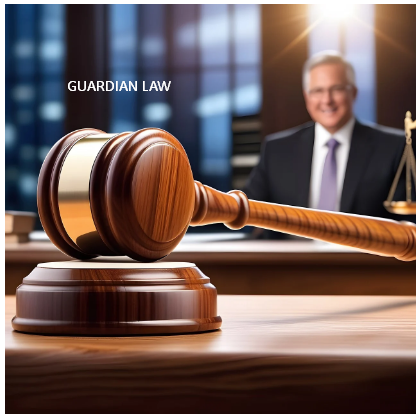
Choosing the right guardian is a critical decision. Consider the following factors:
- Trustworthiness: Ensure that the person is reliable and has the individual’s best interests at heart.
- Ability to Manage Responsibilities: Evaluate whether the person has the skills and resources to handle the responsibilities of guardianship.
- Proximity: It’s beneficial if the guardian is geographically close to the individual to facilitate easier management of their needs.
The Role of an Attorney in Guardianship
Engaging an attorney with experience in guardianship law can be invaluable. An attorney can:
- Provide Legal Advice: Offer guidance on the legal aspects of guardianship and ensure that all legal requirements are met.
- Prepare Documentation: Assist in preparing the necessary legal documents and petitions.
- Represent You in Court: Advocate on your behalf during court proceedings and ensure that your interests are protected.
Frequently Asked Questions (FAQs)
What Are the Costs Associated with Guardianship?
The costs can vary depending on the complexity of the case and the attorney’s fees. Typical expenses include court fees, legal fees, and possibly costs associated with the care of the individual.
Can Guardianship Be Challenged?
Yes, guardianship decisions can be challenged by interested parties. This often requires substantial evidence and legal proceedings to address the concerns raised.
